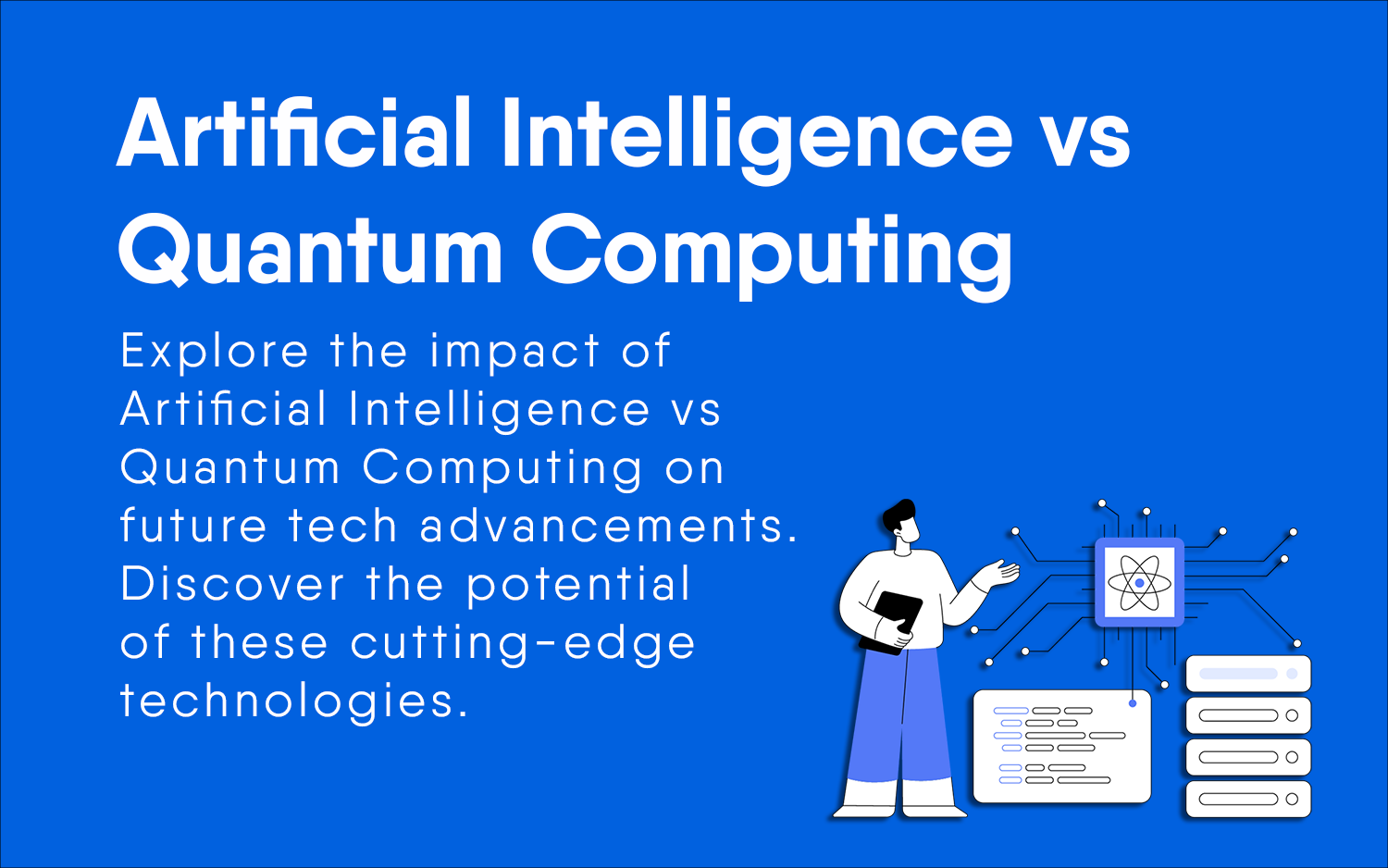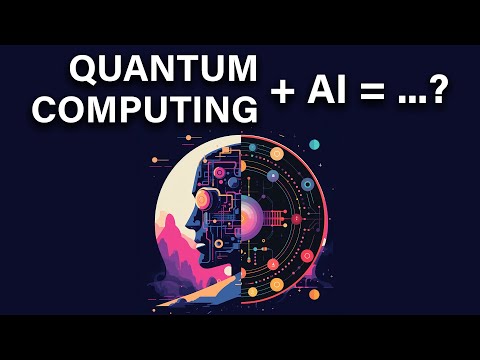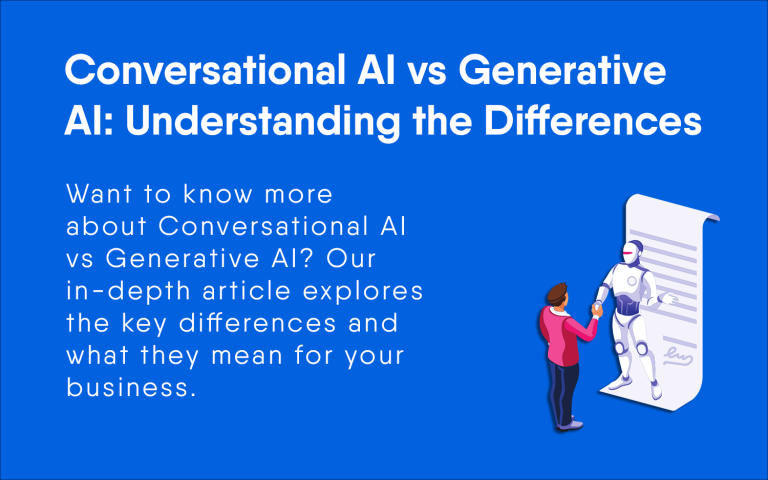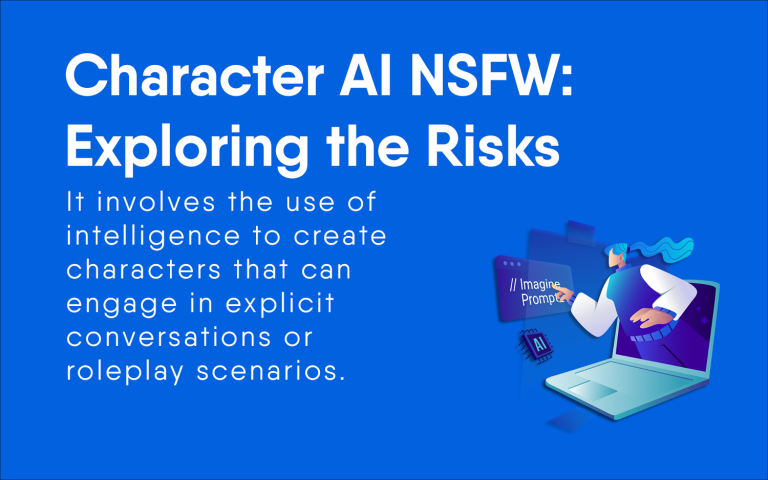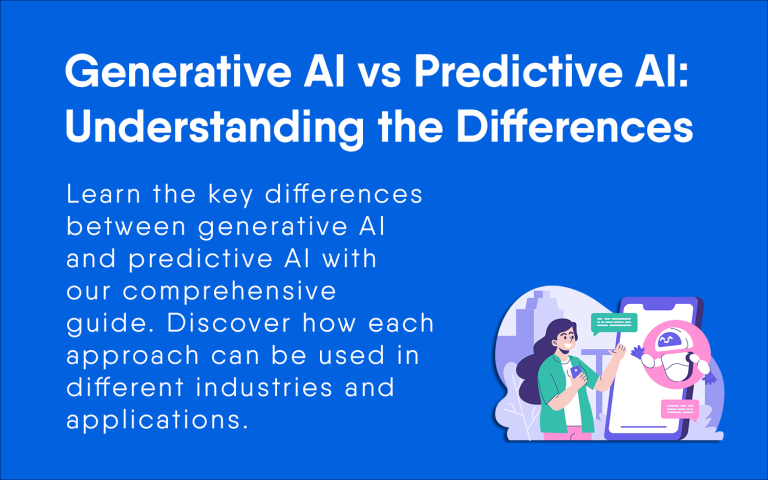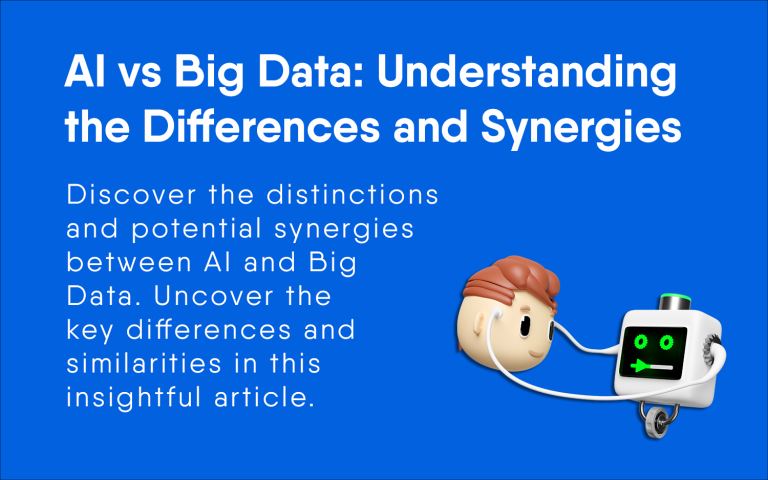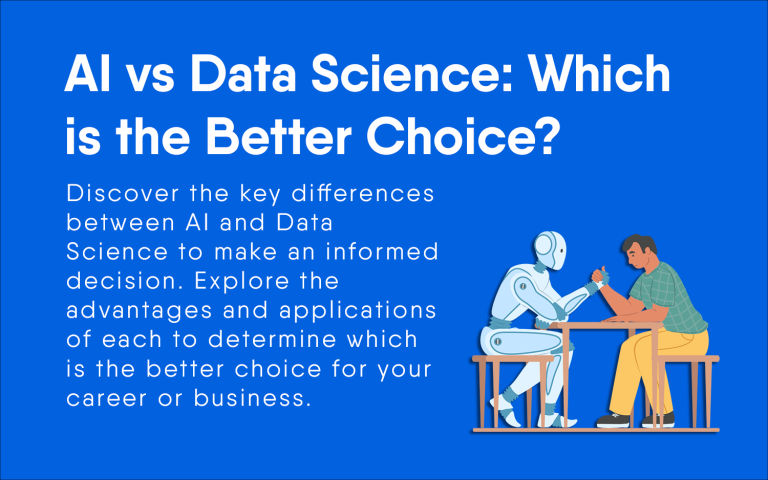Artificial Intelligence vs Quantum Computing: Unveiling the Future of Tech Advancements
Artificial Intelligence (AI). Quantum computing is a frontier in the world of technology. AI involves creating machine intelligence that resembles thinking with applications ranging from language processing to self-driving cars. On the other hand, quantum computing utilizes the properties of quantum mechanics to process information in entirely new ways, offering potential breakthroughs in speed and security.
Currently, AI algorithms run on computers. However, there is growing interest in integrating AI with quantum computing. The combination has the potential to significantly enhance AI capabilities by providing power that can solve problems that are currently beyond the reach of traditional computers. This could revolutionize fields like cryptography and drug discovery and even advance AI itself through the development of algorithms that learn and adapt at a pace.
Despite their potential, both domains come with their challenges. AI requires amounts of data and the ability to make sense of uncertain information. On the other hand, quantum computing faces obstacles like error correction and creating stable building blocks called qubits. Despite these hurdles, researchers are actively exploring where AI intersects with quantum computing – for example, using quantum algorithms to speed up machine learning or utilizing AI techniques for managing quantum systems.
Fundamentals of AI and Quantum Computing
The interplay between artificial intelligence (AI) and quantum computing represents a frontier of technological innovation. Understanding the basics of AI and the principles of quantum computing is crucial to appreciating their transformative potential.
Artificial Intelligence Basics
Artificial intelligence encompasses a range of technologies that aim to replicate cognitive functions. It relies on machine learning, where computers are trained to learn from data and improve their performance over time. Machine learning algorithms utilize methods to enable computers to learn from examples without requiring explicit programming. This learning process involves recognizing patterns and making decisions based on provided data.
AI operates at levels of complexity ranging from decision tree algorithms to deep neural networks inspired by the structure of the human brain. Notably, AI systems rely heavily on power primarily provided by computers that use transistors. These electronic components switch between states (on/off), which form the building blocks of digital computing.
Quantum Computing Principles
On the end of the spectrum lies quantum computing, which utilizes the principles derived from quantum mechanics.
Unlike computing, which relies on bits, quantum computing operates using qubits. Qubits have a property called superposition, allowing them to exist in states simultaneously. This characteristic enables quantum computers to process a number of possibilities.
Quantum technology also utilizes entanglement, where entangled qubits remain correlated when separated by distances. Any change in one qubit instantly affects its pair, resulting in efficient information processing capabilities. Quantum computing shows promise in solving problems much faster than classical computers, such as intricate simulations and optimization tasks. However, stable and scalable quantum computers still face challenges with systems prone to errors and requiring advanced error correction methods.
Intersecting Paths of AI and Quantum Computing
The convergence of intelligence (AI) and quantum computing opens up prospects for computational science. It mainly impacts models and algorithms used in data processing and optimization.
Quantum Artificial Intelligence
Quantum Artificial Intelligence (QAI) harnesses the principles of quantum mechanics to enhance AI capabilities. QAI models utilize qubits, which provide computational power compared to classical bits.
This improvement is beneficial for optimization problems where traditional AI might need help with time complexity. Quantum AI (QAI) also utilizes quantum algorithms like Grovers and Shors, which can perform tasks such as data mining and searching efficiently compared to algorithms. In terms of error correction, quantum algorithms enhance the resilience against imperfections in qubit operations.
Machine Learning Algorithms and Quantum Theory
Combining machine learning algorithms with quantum theory, often referred to as Quantum Machine Learning (QML), has the potential to advance machine learning techniques. Quantum machine learning leverages the power of quantum systems to process and analyze datasets quickly, optimizing machine learning processes. For example, quantum-enhanced machine learning can handle simulations that classical computers find challenging. Additionally, this fusion could lead to data mining techniques that reveal unseen patterns due to computational limitations.
Real-World Applications and Challenges
In sectors ranging from healthcare and finance to cybersecurity and robotics, artificial intelligence (AI) and quantum computing are making strides with both innovative applications and significant challenges. These real-world applications hold promise for change. However, addressing challenges such as data sensitivity and computational complexities requires investment and innovation.
Healthcare and Finance
In the field of healthcare, quantum computing plays a role in improving accuracy and creating personalized treatment plans by enhancing pattern recognition in large datasets. Similarly, in finance, AI has become essential for detecting and preventing fraud by analyzing volumes of data to identify any irregular patterns that may indicate fraudulent activities.
- Healthcare Applications:
- Diagnostic imaging analysis
- Genetic sequencing and drug discovery
- Finance Applications:
- Real-time fraud detection systems
- Algorithmic trading models
However, ensuring the security and confidentiality of sensitive health records and financial information poses a significant challenge, necessitating robust cybersecurity measures.
Cybersecurity and Robotics
The cybersecurity sector leverages both quantum computing and AI to predict and counter threats effectively. Quantum capabilities are utilized to develop encryption methods that are nearly impossible to break. On the other hand, AI is transforming robotics through the integration of natural language processing (NLP), enabling robots to understand language better and respond with higher accuracy.
- Cybersecurity Challenges:
- Implementing fault-tolerant quantum algorithms
- Ensuring the security of quantum communication systems
- Robotics Innovations:
- Enhanced human-robot interaction through improved NLP
- Autonomous robots with advanced decision-making skills
These areas grapple with issues of scalability and ethical use of autonomous systems.
Innovation and Investment
These fields face challenges related to scalability as well as ethical considerations surrounding the use of autonomous systems. The combination of AI and quantum computing is driving a connection between these technologies, requiring investments to advance research and practical applications. However, there are technical challenges in turning models into real-world solutions.
- Investment Focus Areas:
- Quantum algorithm development
- AI-powered analytics platforms
- Innovative Approaches:
- Developing cost-effective quantum computers
- Creating AI that can manage and analyze quantum data
To fully harness the potential of AI and quantum computing in practical applications, we need to strike a balance between innovation, strategic investment, and addressing challenges.
The Future Landscape
The convergence of intelligence (AI) and quantum computing is on the horizon, poised to reshape both economic landscapes. This integration has the potential to turn what is currently an emerging technology into a trillion-dollar industry.
Mainstream Adoption and Market Impact
Artificial intelligence is already making its mark across sectors such as healthcare and finance. Goldman Sachs, an investment bank, has already started utilizing AI for financial analysis and trading strategies. The integration of AI with quantum computing holds the promise of revolutionizing data processing by speeding up the handling of datasets.
This partnership is expected to shift from being a field to becoming a mainstream technology, leading to market growth estimated at $1 trillion. As the adoption of this computing power increases, it will likely require a rethinking of software engineering practices.
- Potential Market Changes:
- Shift in job market demands for new skill sets in quantum algorithm development.
- New investment opportunities in quantum computing startups.
- Evolution of data analysis capabilities benefiting from quantum algorithms.
Emerging Technologies and Quantum Supremacy
Quantum supremacy, which refers to the point where quantum computers can perform computations that classical computers cannot handle, is not just an achievement; it represents unlocking untapped computational potential. Revolutionary technologies like blockchain can significantly benefit from quantum computing by enhancing security and efficiency. As we move closer to achieving quantum supremacy, it acts as a catalyst for innovations potentially leading to breakthroughs in areas such as science, cryptography, and complex system modeling.
- Technologies influenced by Quantum Supremacy:
- Accelerated drug discovery processes through molecular modeling.
- Unchallengeable cryptographic methods strengthening blockchain and data security.
- Advanced AI algorithms designed for quantum hardware, capable of solving intricate problems with unprecedented speed.
With the integration of intelligence and the immense capabilities of quantum processors, the future holds a vast expanse of possibilities that will have profound impacts across various industries.

Faisal Rafique
I’m an accomplished entrepreneur and content creator with a strong background in technology and software engineering. My expertise spans web development, eCommerce, programming, hosting management, technical support, and data science. I hold a Master’s Degree in Computer Science and Engineering, and I have over 5 years of professional experience, which I leverage to grow my digital business and popular blog, FaisalRafique.com

